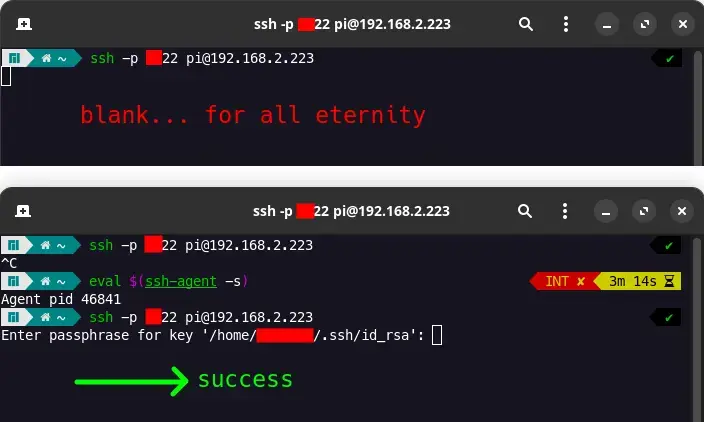117
you are viewing a single comment's thread
view the rest of the comments
view the rest of the comments
this post was submitted on 14 Aug 2024
117 points (98.3% liked)
Linux
57274 readers
327 users here now
From Wikipedia, the free encyclopedia
Linux is a family of open source Unix-like operating systems based on the Linux kernel, an operating system kernel first released on September 17, 1991 by Linus Torvalds. Linux is typically packaged in a Linux distribution (or distro for short).
Distributions include the Linux kernel and supporting system software and libraries, many of which are provided by the GNU Project. Many Linux distributions use the word "Linux" in their name, but the Free Software Foundation uses the name GNU/Linux to emphasize the importance of GNU software, causing some controversy.
Rules
- Posts must be relevant to operating systems running the Linux kernel. GNU/Linux or otherwise.
- No misinformation
- No NSFW content
- No hate speech, bigotry, etc
Related Communities
Community icon by Alpár-Etele Méder, licensed under CC BY 3.0
founded 6 years ago
MODERATORS

What happens if you do:
And then try to connect?
Hey that works too! Same effect as my previous workaround, that I just posted yesterday.
I do have to repeat this command everytime, so I had to put it into ~/.zshrc so it's executed beforehand in every new terminal.
It still does feel lile a workaround since it 'resets' itself (as I said) with every new terminal.
So, this is set somewhere in your config files, I think. Maybe try:
Just to see where it's being set.